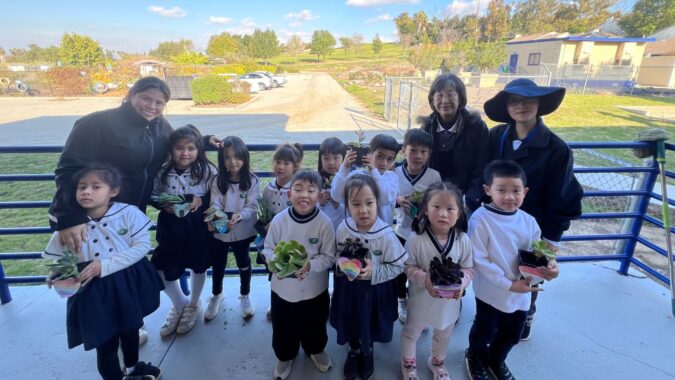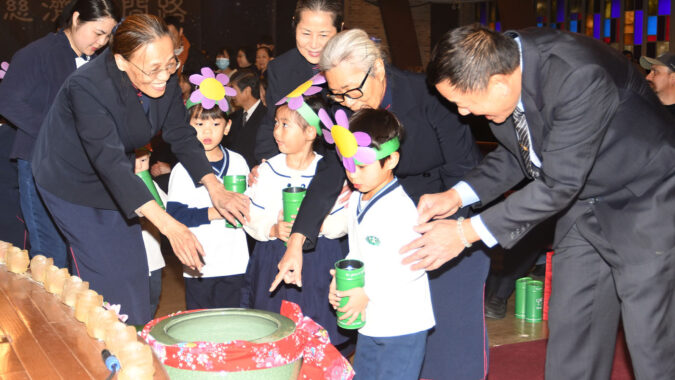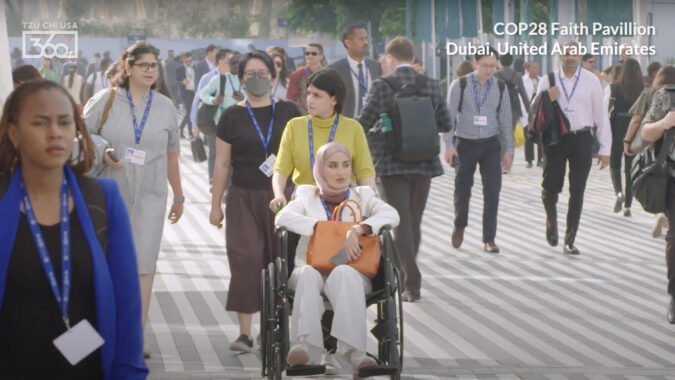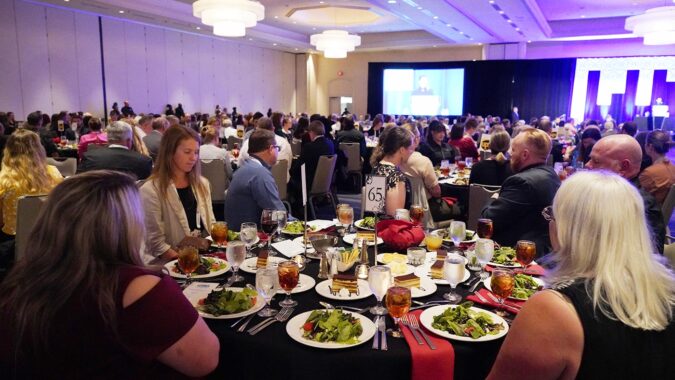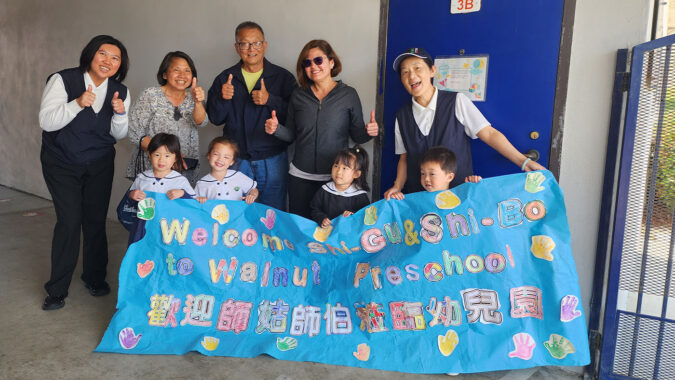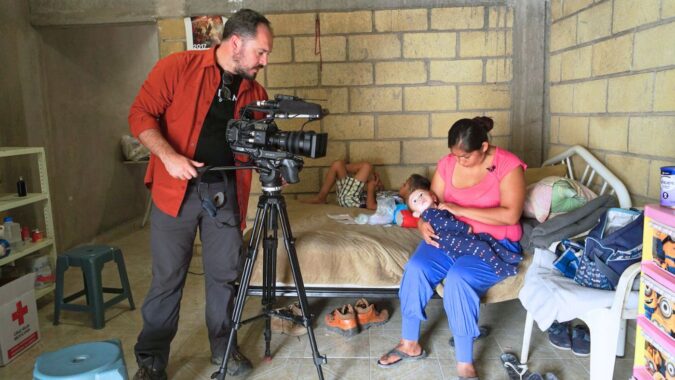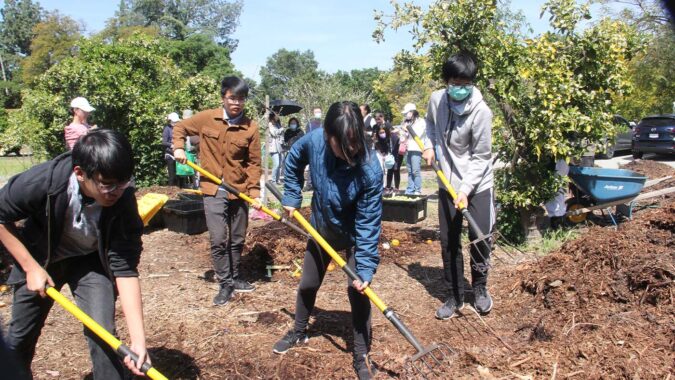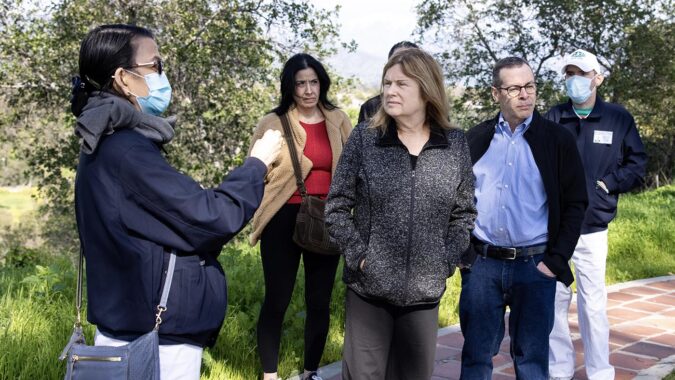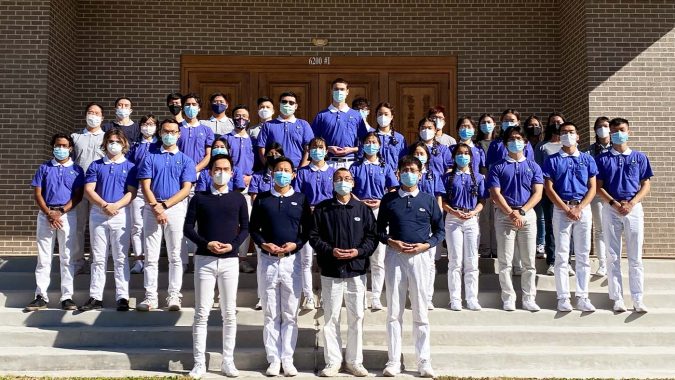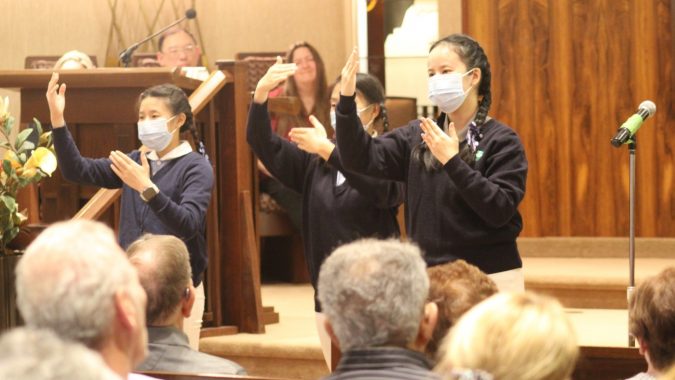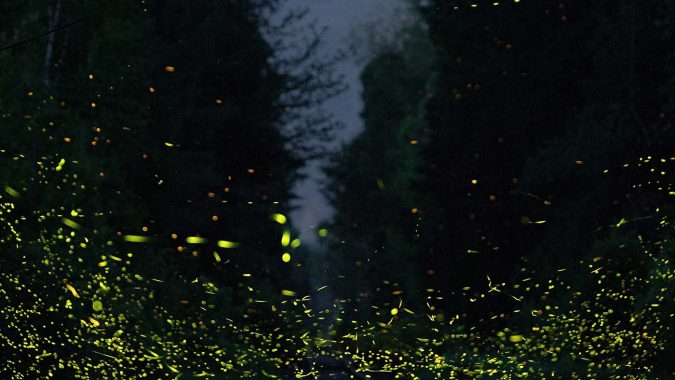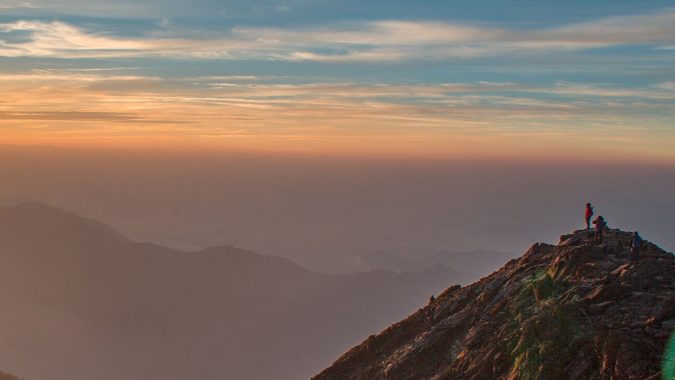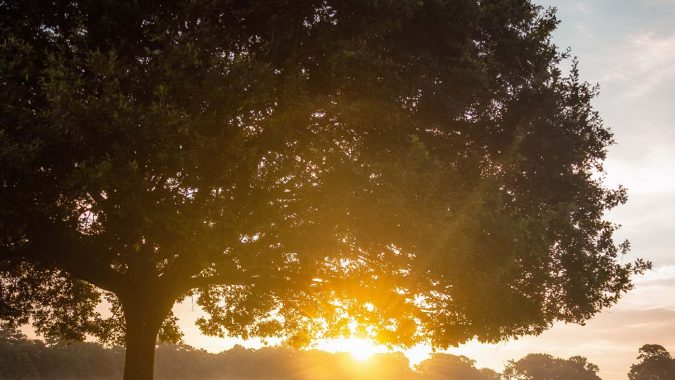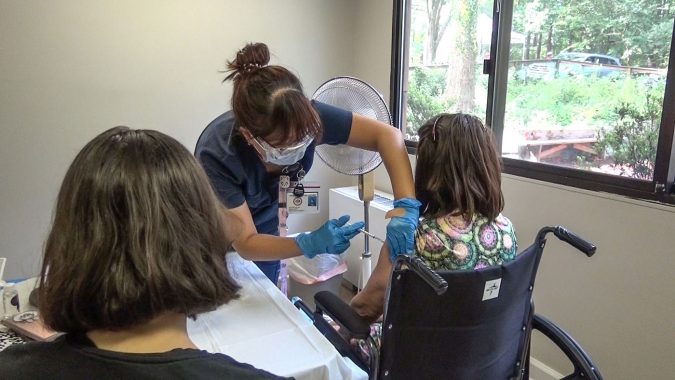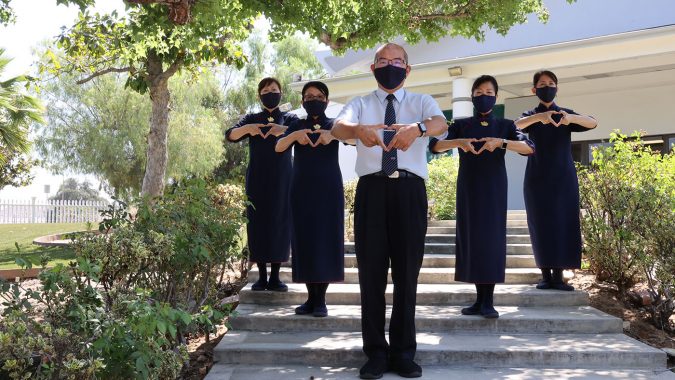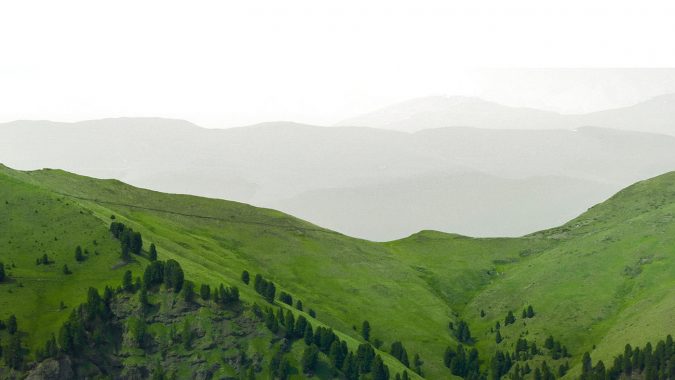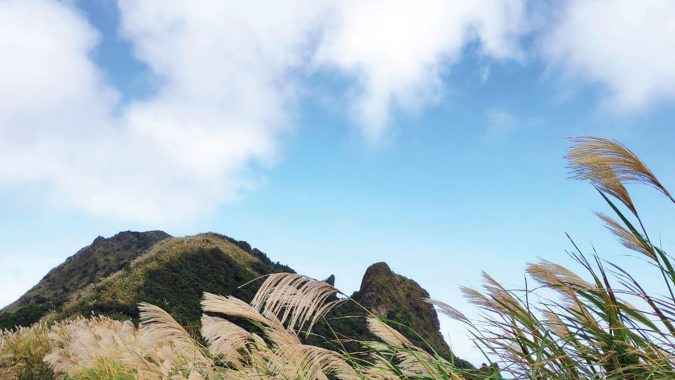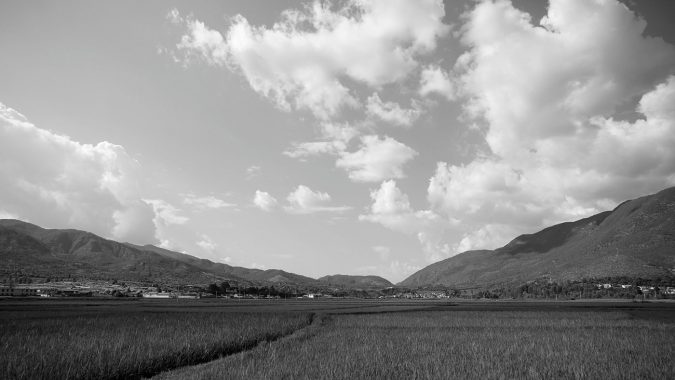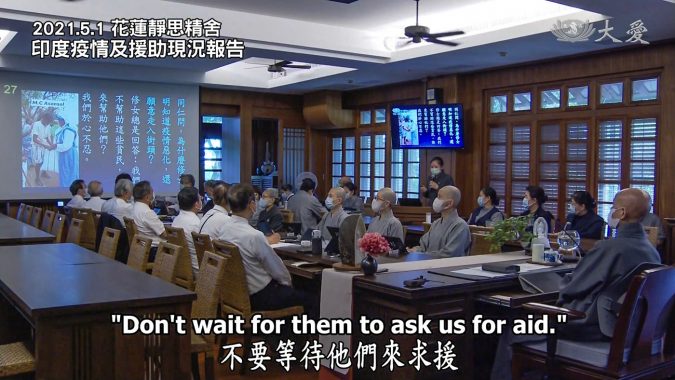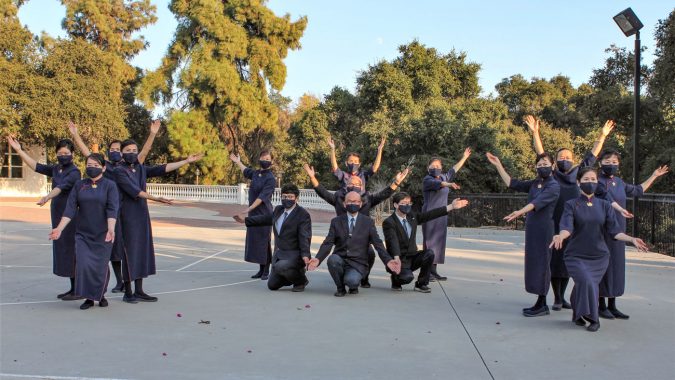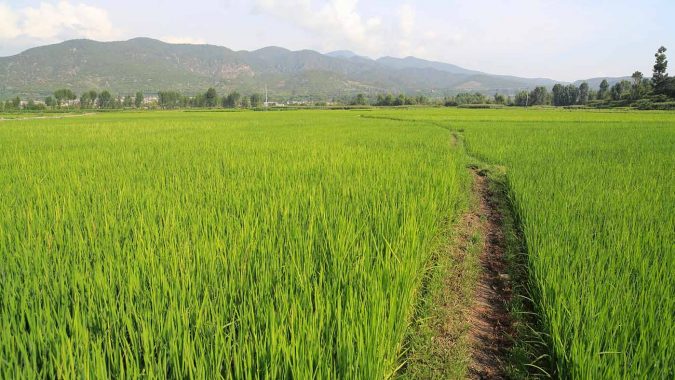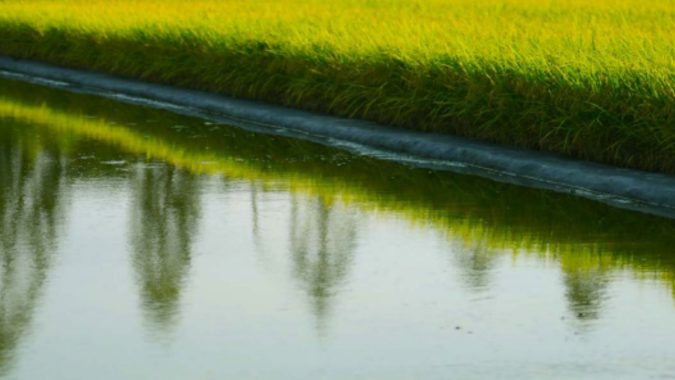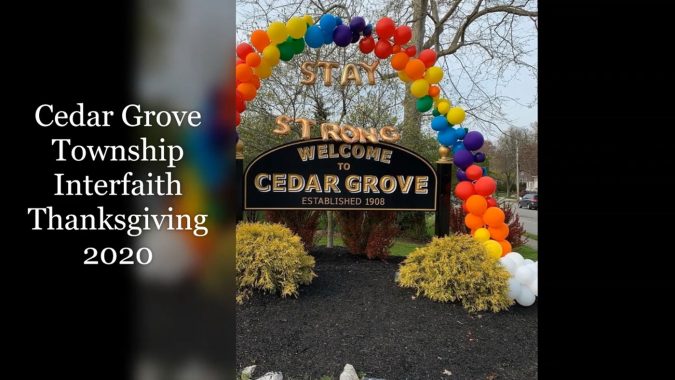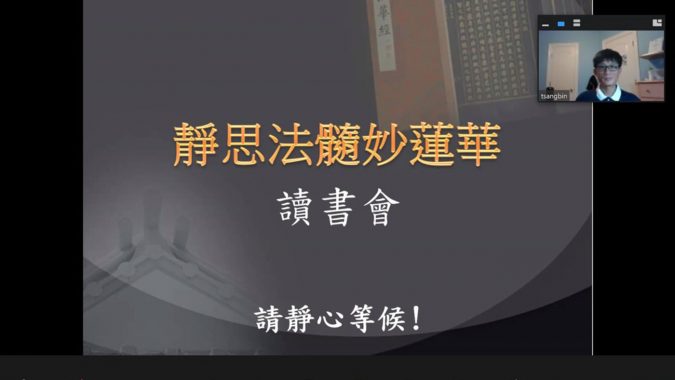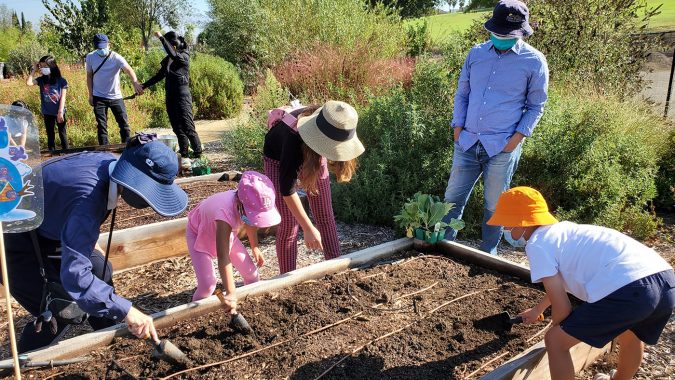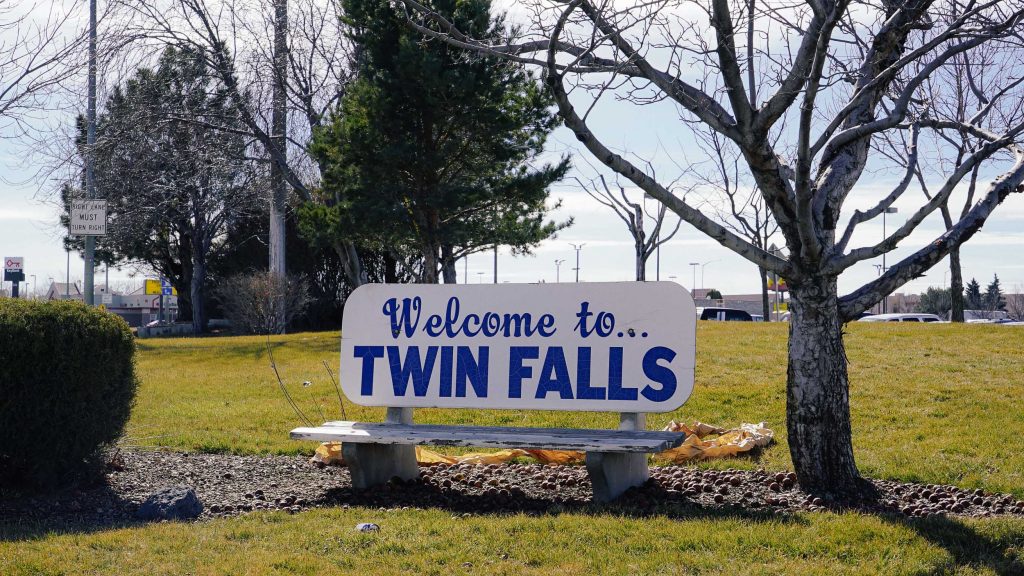
In Episode 4 of Tzu Chi USA’s documentary series “The Resettled”, we meet Zeze Rwasama, Director of the College of Southern Idaho Refugee Center (CSIRC) in Twin Falls, Idaho. As a refugee himself, Zeze brings an unparalleled level of compassion and support to the people he now helps resettle in Twin Falls, one of several counties in the Magic Valley region of south-central Idaho.
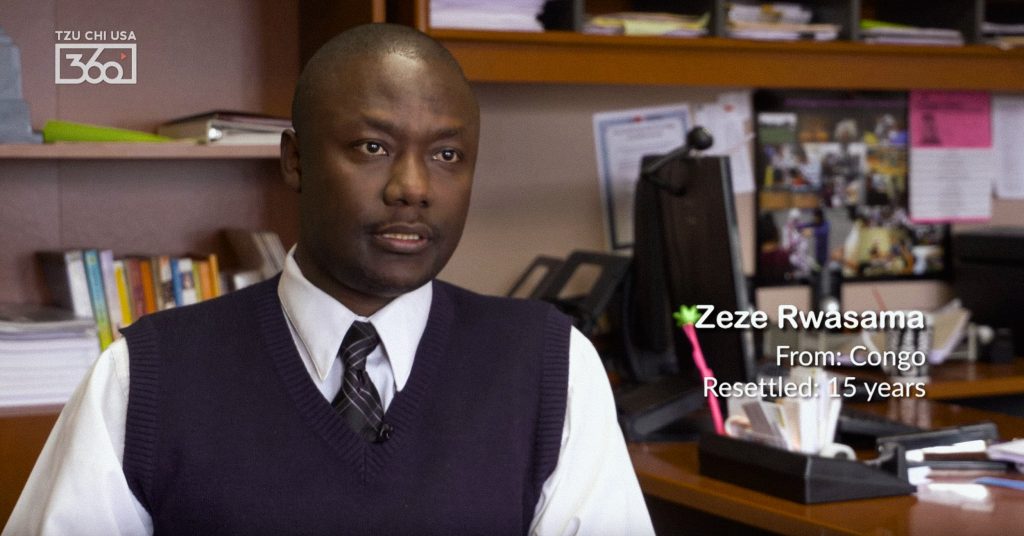
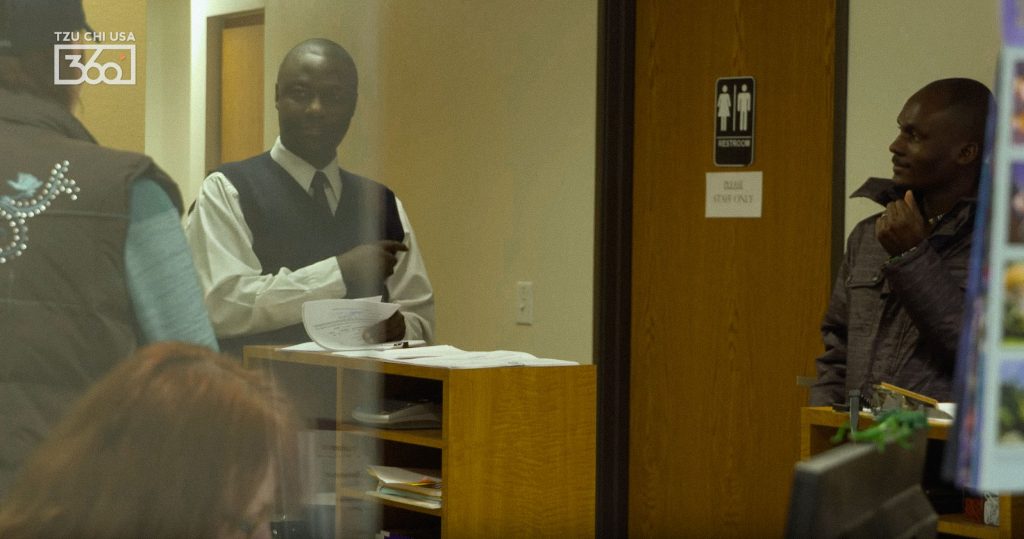
Zeze became a refugee at age 18. In the aftermath of the genocide against the Tutsi in Rwanda, the people involved in perpetrating the genocide in Rwanda fled to the Democratic Republic of the Congo (DRC) and continued to kill the Tutsi there. As a result, Zeze and his family – his parents, 4 younger brothers and 4 younger sisters – fled their home in DRC in 1994, and were refugees in Rwanda until they were resettled in the USA in 2001, when Zeze was 25.
In accordance with his cultural background, where “the oldest child must take the lead so others can follow, otherwise the whole family collapses”, Zeze shouldered his responsibility and took charge. He had to learn English fast so that he could support his whole family, while his parents had to cope with suddenly becoming dependents. Yet according to Zeze, parents losing their leadership role is not uncommon among refugee families, since the young learn foreign languages and adjust to new cultures faster, often leaving their parents behind as “power is shifted to the kids.”
Zeze also had to keep his focus, because his vision of the future did not stop at simply being the family bread winner: “I had the responsibility of lifting my whole family, but also had a dream for myself to succeed.” And so he held down a full time job, or 2, while attending college. By the time he started working for CSIRC in 2014, he had a BA in Social Work, MA in Public Administration, and an additional computer degree.
Today, Zeze’s whole family is working, and his example is an inspiration to his younger siblings. And for him, his family’s refugee story is a wealth of experience he can draw from when as Director of the CSIRC, he helps refugees resettle in Twin Falls.
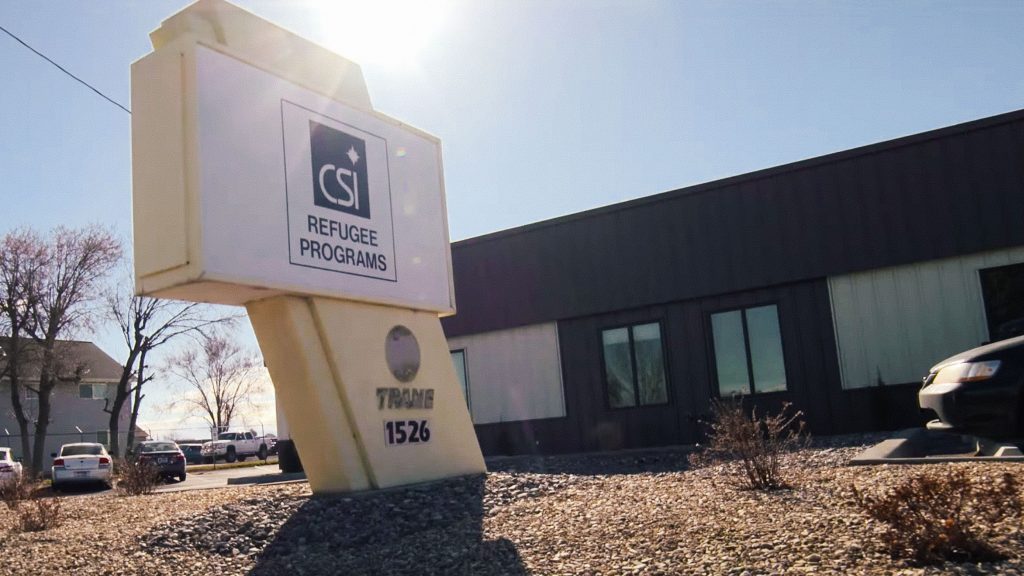
The CSIRC’s Refugee Programs began in 1980, and have resettled more than 2,500 refugees from the Congo, Eritrea, Sudan, Iraq and Afghanistan, providing local businesses with a steady source of entry level workers, and bringing about $1.3 Million a year of federal funds and benefits to the Magic Valley, money used to purchase goods and services from local merchants.
Still, the path from first arrival to an economically self-sufficient life is a complex trajectory. Although the goal is to place employable refugees in meaning full employment within 3 months, the plan is challenging, to say the least. There are issues like the fact that most refugees have limited English language skills, or can’t even read and write in their primary language is some cases. They have no work experience. They struggle to adapt to a new way of life, and as we learn in Episode 4, changing or even abandoning cherished religious or other cultural routines can be difficult. And at a deeper and more heart-breaking level, many refugees are recovering from having lived in refugee camps for 5, 10, 20 or even 30 years, not to mention the trauma which forced their escape in the first place.
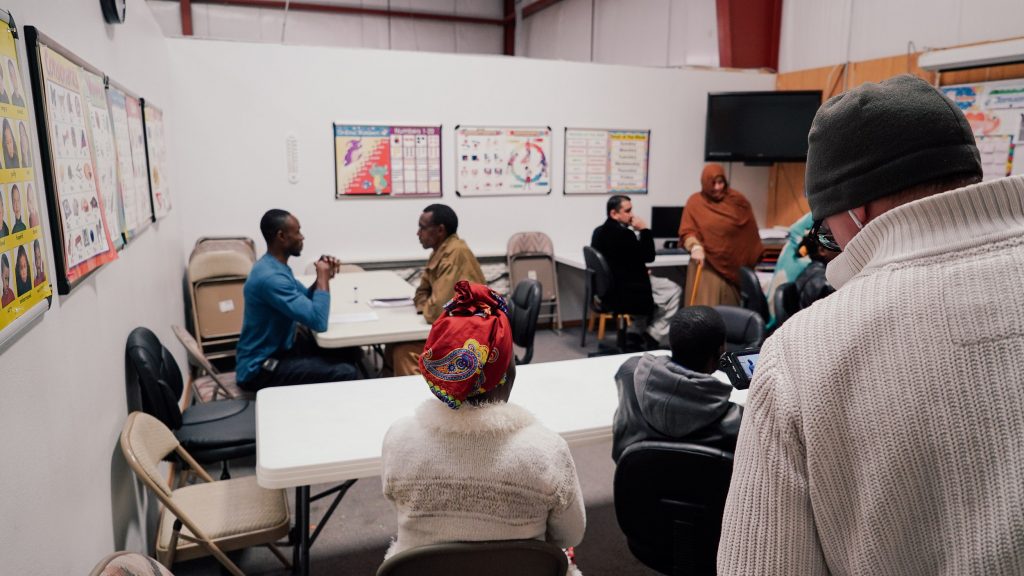
When interviewed for this blog, Zeze pointed out that above all, refugees “need to be welcomed by the community, to be loved.” And this demands working in partnership with the Magic Valley community to help refugees become fully integrated as valuable contributing members of society.
Unfortunately, as we also discover in Episode 4 of the series, there is currently a lot of resistance from some outspoken members of the community in Twin Falls, who do not want any more refugees resettled here. But Zez is not disheartened. When asked: What is the health of American goodwill to outsiders? He replied that “media focuses on things that are not helping, on everything that is bad. That is why this series is so important.”
On top of which he can personally attest to the support, dedication, and generosity of many community members whose help has allowed CSI Refugee Programs to be successful for so many years:
I have seen volunteers and supporters find themselves performing, fulfilling important tasks and devoting their time to helping our refugees. I have seen individuals, groups of people and organizations get involved in helping refugees learn English, learn American culture, the law, how to access resources in the community. I have seen community members collecting the small necessities of life for new refugees, and donating supplies from their businesses for refugee community events.
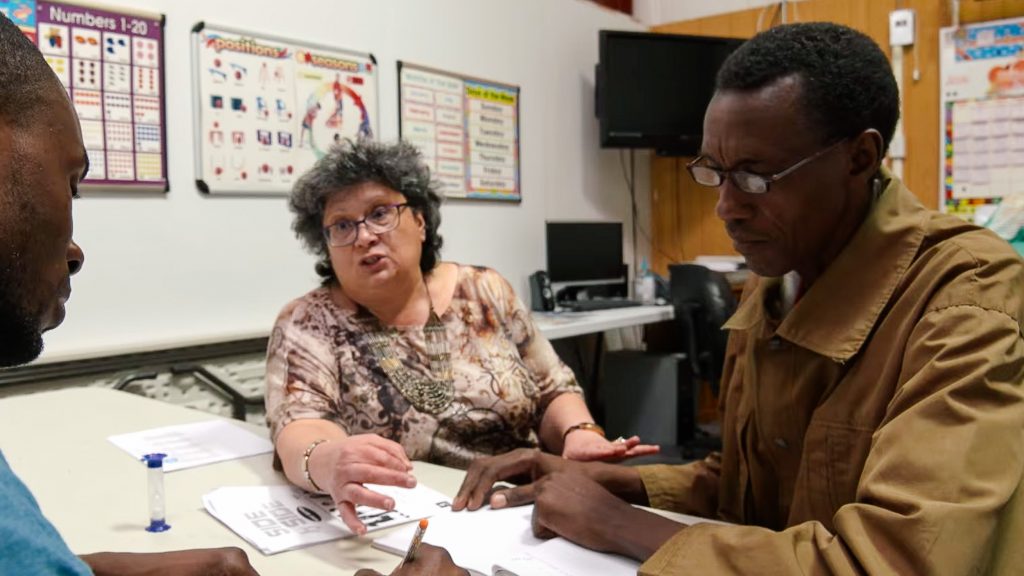
Zeze has witnessed how “one small act of kindness can ease fears, generate acceptance, and resonate hope across generations. Kindness can open a world of possibilities to those who have only known hatred and fear.”
For this blog, he shared the story of one refugee woman who dreamed of having books to help her learn English more than anything else:
“We had a client who suffered from severe PTSD, and getting her to engage with anyone was a struggle. One staff member had been absent from work for an extended period of time due to hospitalization but began returning to work gradually. This staff member saw the woman standing off alone, away from the rest of the ESL students. Not knowing who she was or anything about her, this staff member approached the woman and asked her if she needed help. With a feeble and shaky voice, the woman asked what the staff member’s name was. She replied with her name. A look of acknowledgement came across the woman’s face and she smiled, exclaiming “You are the one from the hospital!” The staff member said “Yes, you know who I am? What is your name?” The woman responded with her name. From that day forward, the woman would smile when that staff member would speak to her.
Soon, the woman began asking this staff member if there were any donated books. Any kind of books, she didn’t care. She only wanted to learn to read and practice English. Every day she would come to inquire if any books had come in. One day, six early readers and storybooks were donated. The staff member took them to give to this frail and shy lady. She waited until ESL class was over and students were gathering their belongings. The staffer then entered the classroom with the books hidden in a bag; she approached the woman and began their daily conversation and exchanging of pleasantries. When the woman asked about the books, the staff member said “No, there are no books here that do not belong to somebody.”
As it did daily, her smile was dimmed by a hint of sadness. The staffer said to her, as she handed her the bag, “The only books I have, belong to you now.” The woman opened the bag, her eyes filling with tears, she slowly took out each book and cradled it as if it were made from the most precious and delicate china. Gingerly, she set each book on the table, then took the staff member’s hand. With tears streaming down her face, she sobbed uncontrollably, barely managing an almost inaudible “Thank You. This means everything to me.”
Based on his worldview, Zeze knows that “the effects of a pebble dropped into still water can be felt an ocean away, as it can be said for compassion and empathy. Only time will tell how one simple act today will profoundly affect those in the future.”
This is exactly what Master Cheng Yen keeps pointing out in her teachings, as she did when she recently shared her daily prayers:
I hope that we can purify people’s hearts and inspire people’s love. The world is vast and there are countless sentient beings. If everyone can join together in the same aspiration, our love can reach every corner of the world. Then, there is no limit to the good that can be accomplished.
Master Cheng Yen
As for Zeze, he is quick to point out that newcomers are the bedrock of America and they benefit society in so many ways:
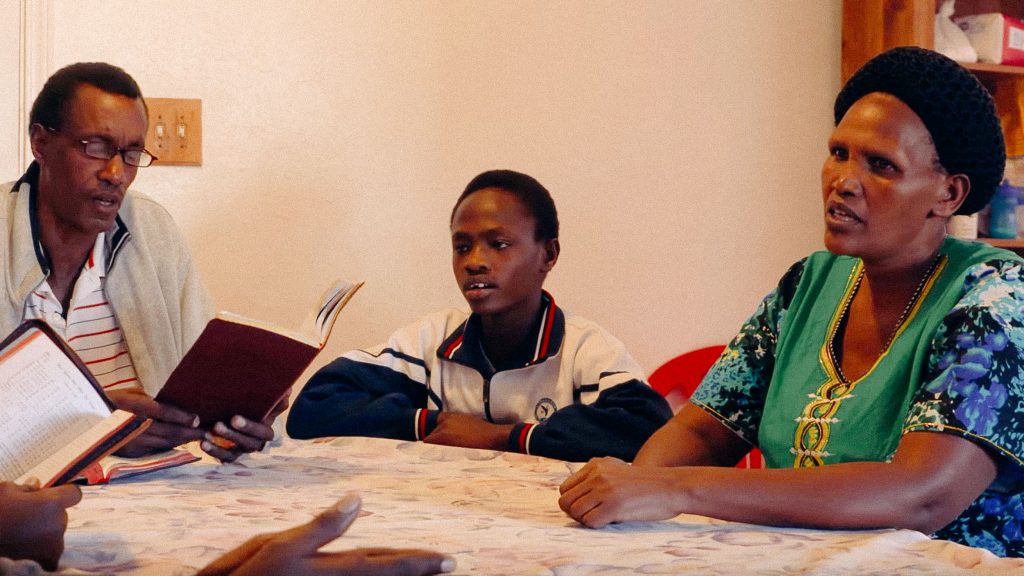
American History indicates that some important contributors to what America is all about today are people that came from elsewhere, and the majority of them, if not all, were persecuted before settlement in America, therefore they were refugees.
And he is quick to offer examples to illustrate his point:
The Washington Post recently reported that there is a long list of innovative and important Americans who were refugees, including former Secretary of State Madeleine Albright, Jerry Yang of Yahoo, Sergey Brin of Google, and Andrew Grove, who fled his country at the age of 20, helped build the modern semiconductor industry - without this semiconductor your iPhone wouldn't exist today.
Zeze knows how refugees contribute to the local economy by “expanding consumer markets for local goods; opening new businesses and creating jobs; bringing in new skills, talents and cultures; and owning homes and investing in housing.” And while they fill vacant jobs and supply labor for local businesses, they are also “willing to accept jobs that many American-born workers would reject, and local employers have recorded high retention rates among refugee workers.”
When it comes to refugees, we should all take a moment to appreciate their courage and hard-working spirit, and to acknowledge the challenges of their dramatic transition to a new life in a place entirely different from where they were born, but a place where they long to fit in.
“They come like a newborn baby without knowing anything.” And Zeze must often advise: “What you know before arrival, leave it behind. We’ll teach you ways to succeed.”
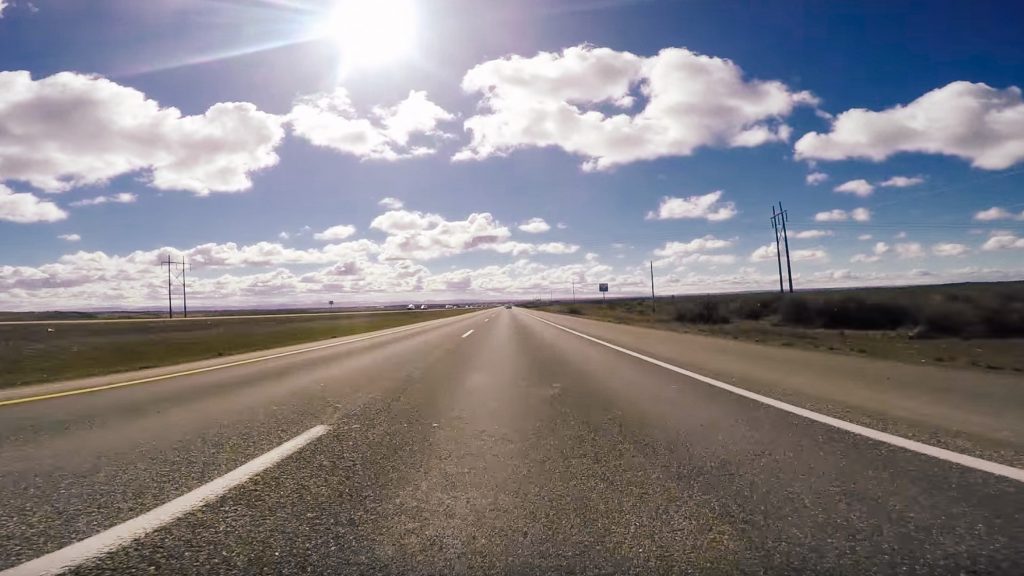
The unfortunate part of their story is that what they must leave behind is integral to what helped them survive. Most people became refugees because of conflict in their homeland, where they became victimized because of who they are or their political beliefs – things at the core of their identity. Do they cling to that? Most certainly: “All they have, they lost everything, is their identity and they try to preserve that.” They arrive proud of who they are, and reluctant to let that go, with some expressing the sentiment that people are “trying to take away the one thing I kept for years.”
Then Zeze reminds them, based on what he knows: “The system will not change: You have to adapt to it.”
I have seen volunteers and supporters find themselves performing, fulfilling important tasks and devoting their time to helping our refugees. I have seen individuals, groups of people and organizations get involved in helping refugees learn English, learn American culture, the law, how to access resources in the community. I have seen community members collecting the small necessities of life for new refugees, and donating supplies from their businesses for refugee community events.
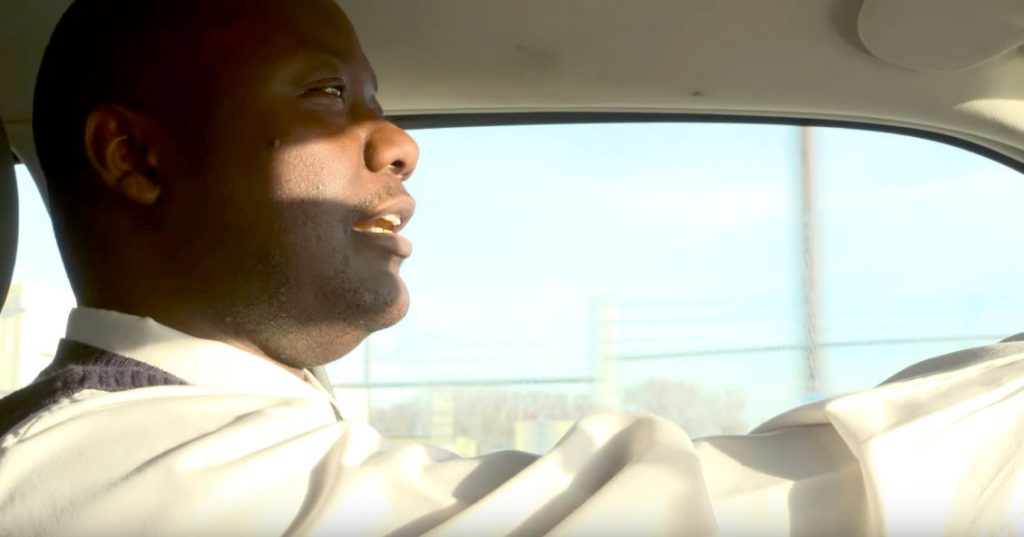
And then he offers the heart of his own experience: “America is the land of opportunities, but they don’t look for you, you have to look for them and be committed to the goal.” The rest is up to them, and our willingness to help.
Watch The Resettled – Episode 4: People Serving People to learn more about Zeze’s story.

